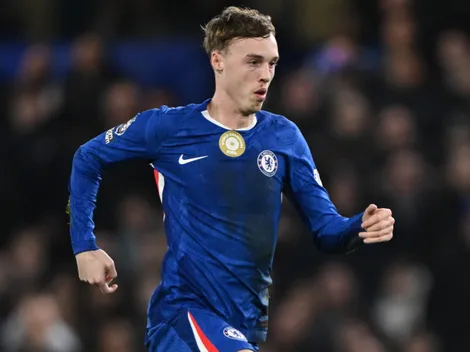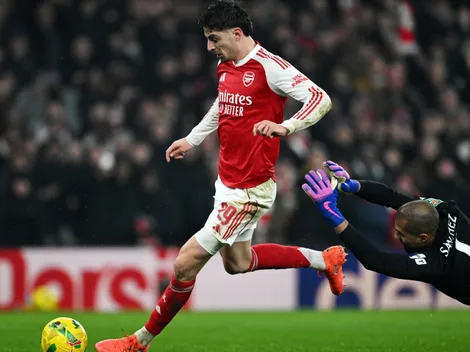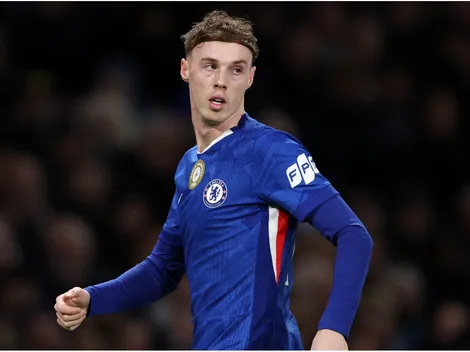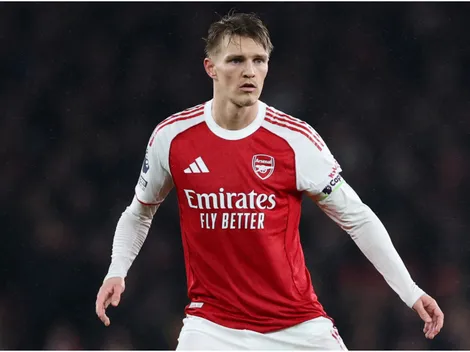EFL Cup also known as the Carabao Cup (energy drink sponsor) is a competition where 92 clubs from England play for one of the most coveted trophies in the country. It is the shot that the teams from the lower divisions have to face the big clubs of the EPL. The current defending champions are Liverpool.
The Premier League big clubs have the most EFL Cup titles, including Liverpool who last won this cup (before doing it this year) in 2011-12 and the last time they had reached the final (obviously before this season) was in 2015-16. At that time, they lost to Manchester City on penalty kicks.
Liverpool are the current title holders ofthe Carabao Cup, after beating Chelsea in a very close final. The “Reds” thus achieved the 9th title in their history. Manchester City is the only team with such a long winning streak in the 21st century, with 4 (between 2017 and 2021)
List of EFL Cup Champions from 1962 to date
The EFL Cup titles won by a small team outside the Premier League are few, but on some occasions an underdog manages to win the cup, as was the case with Chester of the fourth division in the 1974-75 edition.
| Final | Winners | Score | Runners-up |
|---|---|---|---|
| 1961 | Aston Villa | 0–2 | Rotherham United |
| Aston Villa | 3–0 | Rotherham United | |
| Aston Villa won 3–2 on aggregate | |||
| 1962 | Norwich City | 3–0 | Rochdale |
| Norwich City | 1–0 | Rochdale | |
| Norwich City won 4–0 on aggregate | |||
| 1963 | Birmingham City | 3–1 | Aston Villa |
| Birmingham City | 0–0 | Aston Villa | |
| Birmingham City won 3–1 on aggregate | |||
| 1964 | Leicester City | 1–1 | Stoke City |
| Leicester City | 3–2 | Stoke City | |
| Leicester City won 4–3 on aggregate | |||
| 1965 | Chelsea | 3–2 | Leicester City |
| Chelsea | 0–0 | Leicester City | |
| Chelsea won 3–2 on aggregate | |||
| 1966 | West Bromwich Albion | 1–2 | West Ham United |
| West Bromwich Albion | 4–1 | West Ham United | |
| West Bromwich Albion won 5–3 on aggregate | |||
| 1967 | Queens Park Rangers | 3–2 | West Bromwich Albion |
| 1968 | Leeds United | 1–0 | Arsenal |
| 1969 | Swindon Town | 3–1 | Arsenal |
| 1970 | Manchester City | 2–1 | West Bromwich Albion |
| 1971 | Tottenham Hotspur | 2–0 | Aston Villa |
| 1972 | Stoke City | 2–1 | Chelsea |
| 1973 | Tottenham Hotspur | 1–0 | Norwich City |
| 1974 | Wolverhampton Wanderers | 2–1 | Manchester City |
| 1975 | Aston Villa | 1–0 | Norwich City |
| 1976 | Manchester City | 2–1 | Newcastle United |
| 1977 | Aston Villa | 0–0 | Everton |
| Aston Villa | 1–1 | Everton | |
| Aston Villa | 3–2 | Everton | |
| 1978 | Nottingham Forest | 0–0 | Liverpool |
| Nottingham Forest | 1–0 | Liverpool | |
| 1979 | Nottingham Forest | 3–2 | Southampton |
| 1980 | Wolverhampton Wanderers | 1–0 | Nottingham Forest |
| 1981 | Liverpool | 1–1 | West Ham United |
| Liverpool | 2–1 | West Ham United | |
| 1982 | Liverpool | 3–1 | Tottenham Hotspur |
| 1983 | Liverpool | 2–1 | Manchester United |
| 1984 | Liverpool | 0–0 | Everton |
| Liverpool | 1–0 | Everton | |
| 1985 | Norwich City | 1–0 | Sunderland |
| 1986 | Oxford United | 3–0 | Queens Park Rangers |
| 1987 | Arsenal | 2–1 | Liverpool |
| 1988 | Luton Town | 3–2 | Arsenal |
| 1989 | Nottingham Forest | 3–1 | Luton Town |
| 1990 | Nottingham Forest | 1–0 | Oldham Athletic |
| 1991 | Sheffield Wednesday | 1–0 | Manchester United |
| 1992 | Manchester United | 1–0 | Nottingham Forest |
| 1993 | Arsenal | 2–1 | Sheffield Wednesday |
| 1994 | Aston Villa | 3–1 | Manchester United |
| 1995 | Liverpool | 2–1 | Bolton Wanderers |
| 1996 | Aston Villa | 3–0 | Leeds United |
| 1997 | Leicester City | 1–1 | Middlesbrough |
| Leicester City | 1–0 | Middlesbrough | |
| 1998 | Chelsea | 2–0 | Middlesbrough |
| 1999 | Tottenham Hotspur | 1–0 | Leicester City |
| 2000 | Leicester City | 2–1 | Tranmere Rovers |
| 2001 | Liverpool | 1–1 | Birmingham City |
| 2002 | Blackburn Rovers | 2–1 | Tottenham Hotspur |
| 2003 | Liverpool | 2–0 | Manchester United |
| 2004 | Middlesbrough | 2–1 | Bolton Wanderers |
| 2005 | Chelsea | 3–2 | Liverpool |
| 2006 | Manchester United | 4–0 | Wigan Athletic |
| 2007 | Chelsea | 2–1 | Arsenal |
| 2008 | Tottenham Hotspur | 2–1 | Chelsea |
| 2009 | Manchester United | 0–0 | Tottenham Hotspur |
| 2010 | Manchester United | 2–1 | Aston Villa |
| 2011 | Birmingham City | 2–1 | Arsenal |
| 2012 | Liverpool | 2–2 | Cardiff City |
| 2013 | Swansea City | 5–0 | Bradford City |
| 2014 | Manchester City | 3–1 | Sunderland |
| 2015 | Chelsea | 2–0 | Tottenham Hotspur |
| 2016 | Manchester City | 1–1 | Liverpool |
| 2017 | Manchester United | 3–2 | Southampton |
| 2018 | Manchester City | 3–0 | Arsenal |
| 2019 | Manchester City | 0–0 | Chelsea |
| 2020 | Manchester City | 2–1 | Aston Villa |
| 2021 | Manchester City | 1–0 | Tottenham Hotspur |
| 2022 | Liverpool | 0–0 | Chelsea |
Which teams have winning streaks in the EFL Cup?
Liverpool have the longest winning streak of the 20th century with four titles between 1980 and 1984, but Nottingham Forest also have a small winning streak of two titles between 1977 and 1979 and Manchester City are the only team with 4 titles in the 21st century.
When was the last time a two legs final was played in the EFL Cup?
1966 was the last time the two-legged format was used to play the EFL Cup final, on that occasion West Bromwich Albion won 5-3 on aggregate against West Ham United. After 1966 the two-leg format for the final was eliminated and since then the EFL cup final has been played in a single game at a neutral stadium such as Wembley.





